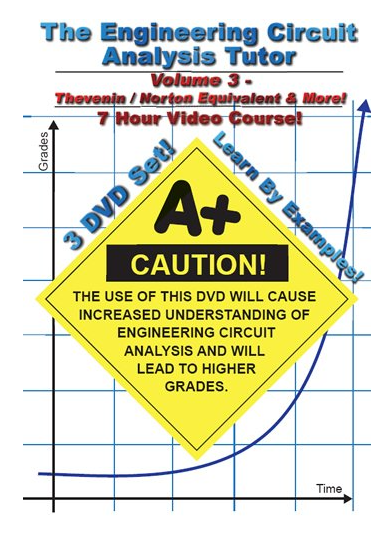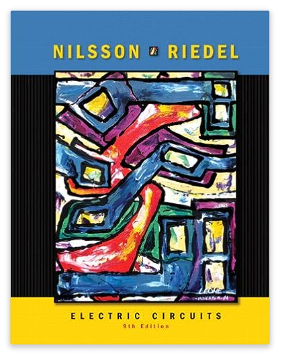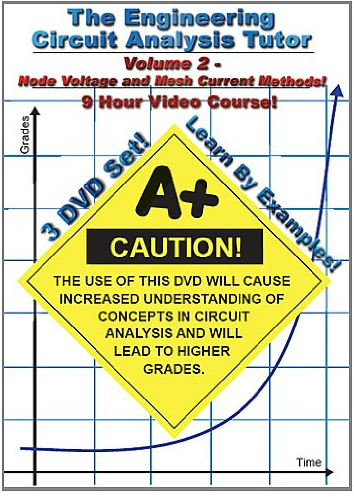This is the fourth volume of the circuit analysis tutor that Jason put
out. It continues the material from the first semester of circuits (usually
called Circuits I or just Circuits analysis). It covers the material that comes
in the second half of the class after you get through circuit analysis
techniques, in which resistors and sources are the only circuit elements. This
set introduces circuits in which capacitors and inductors are included. It does
not go into the details of the transient and steady-state, those topics are
covered in later volumes. This covers the topics of voltage, current, and
power in inductors and capacitors, and then inductors and capacitors in series
and parallel, and how to draw an equivalent circuit by reducing the parallel
and series combinations. Again, this just deals with circuits that have
direct current sources and does not cover circuits with alternating current
sources.







